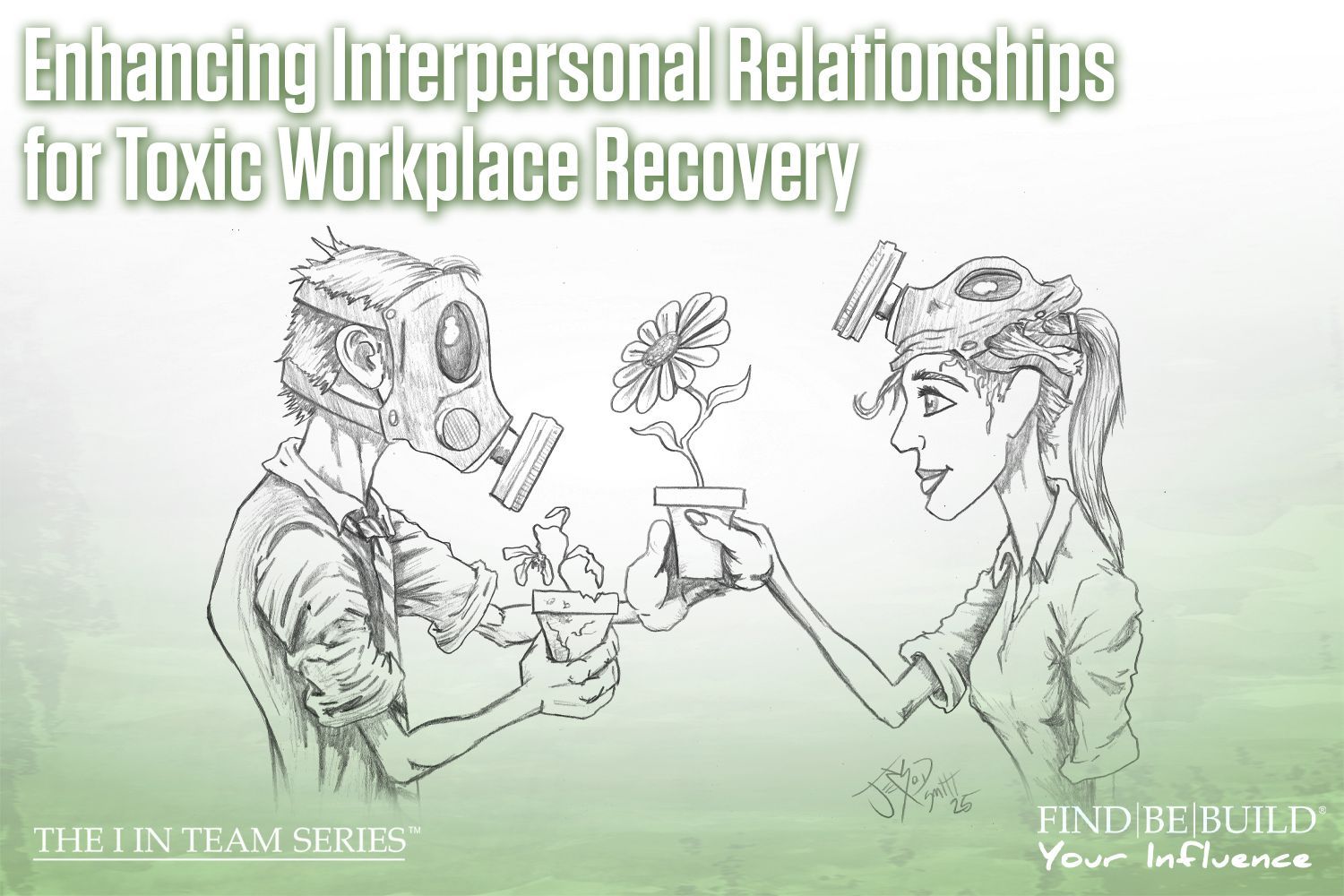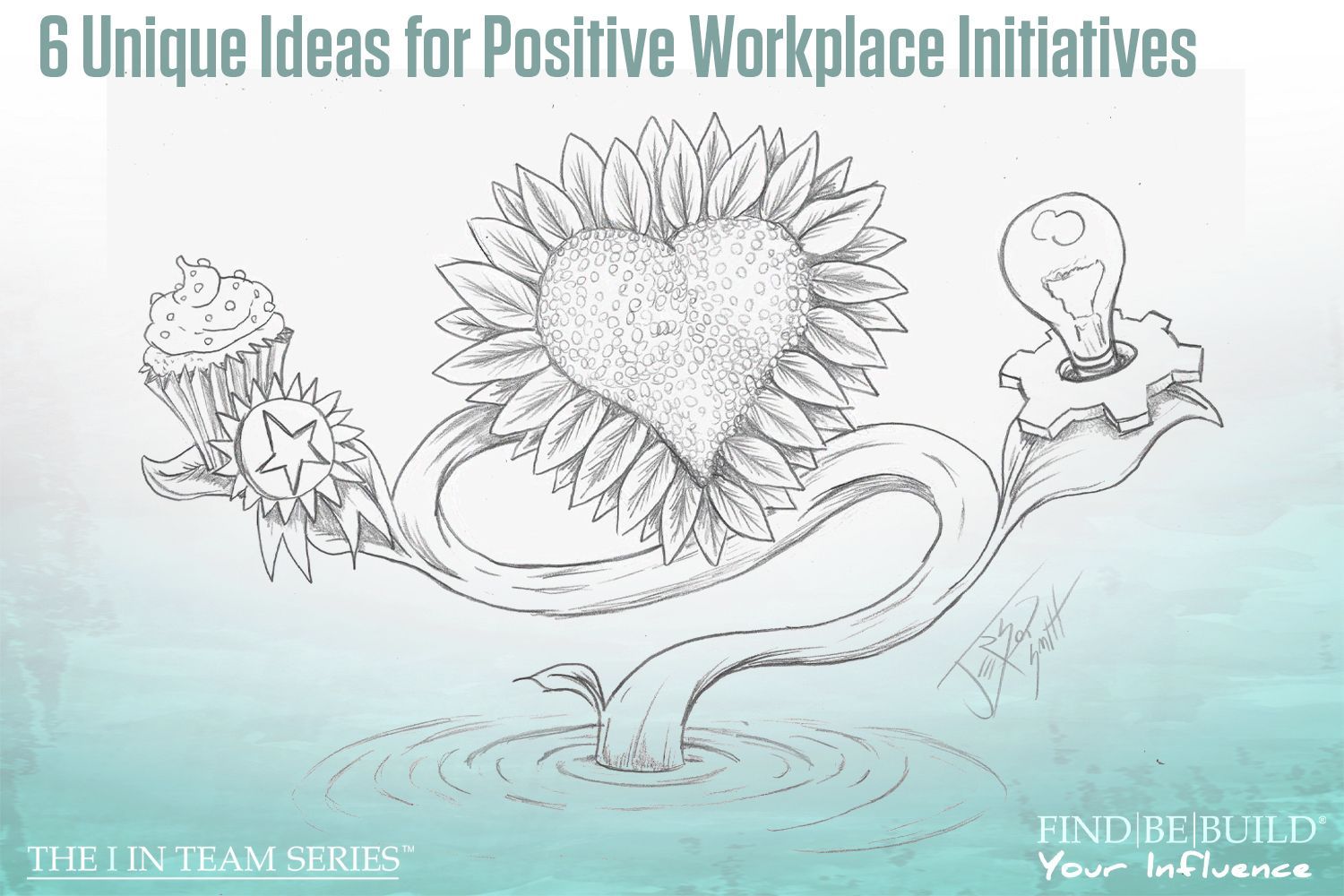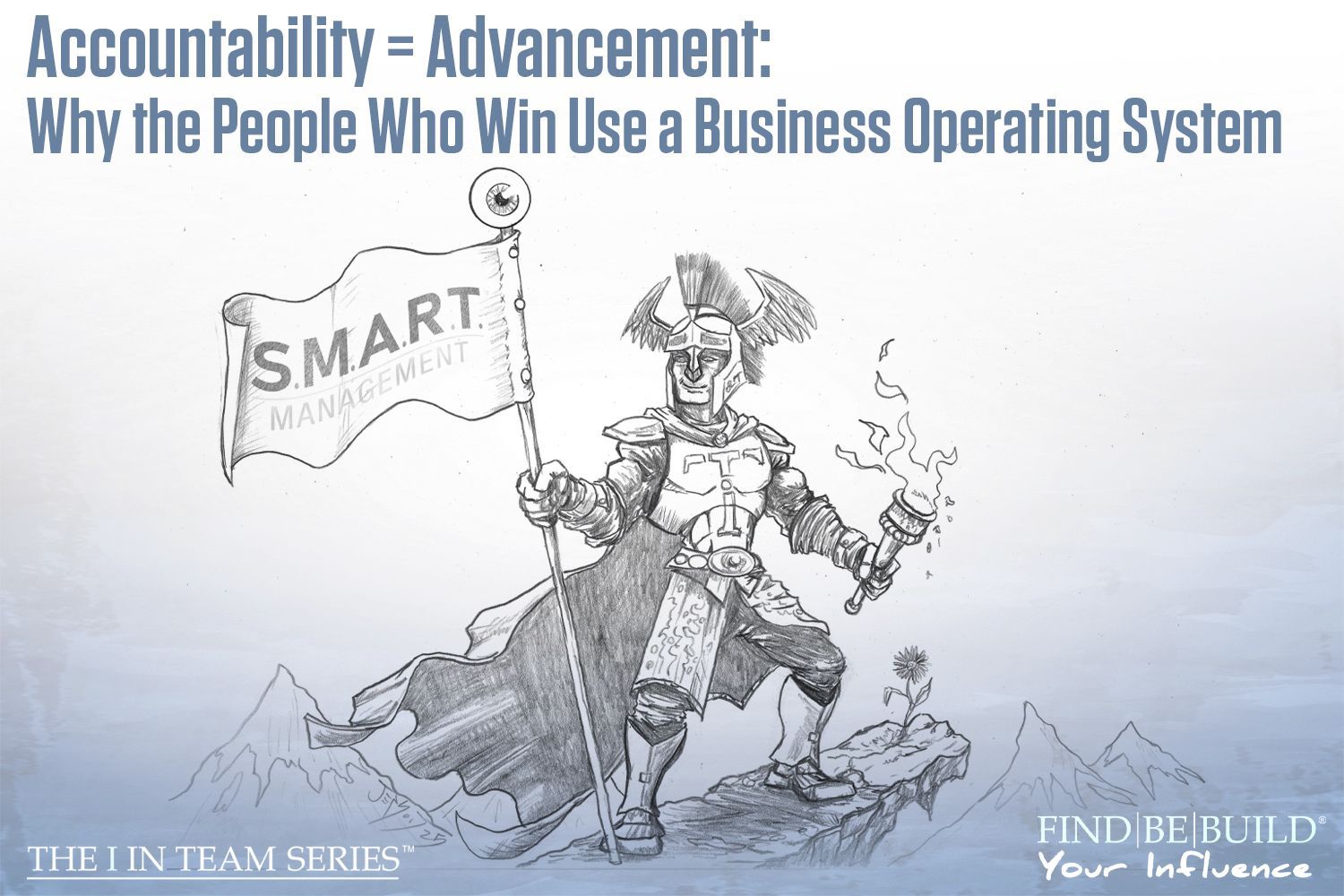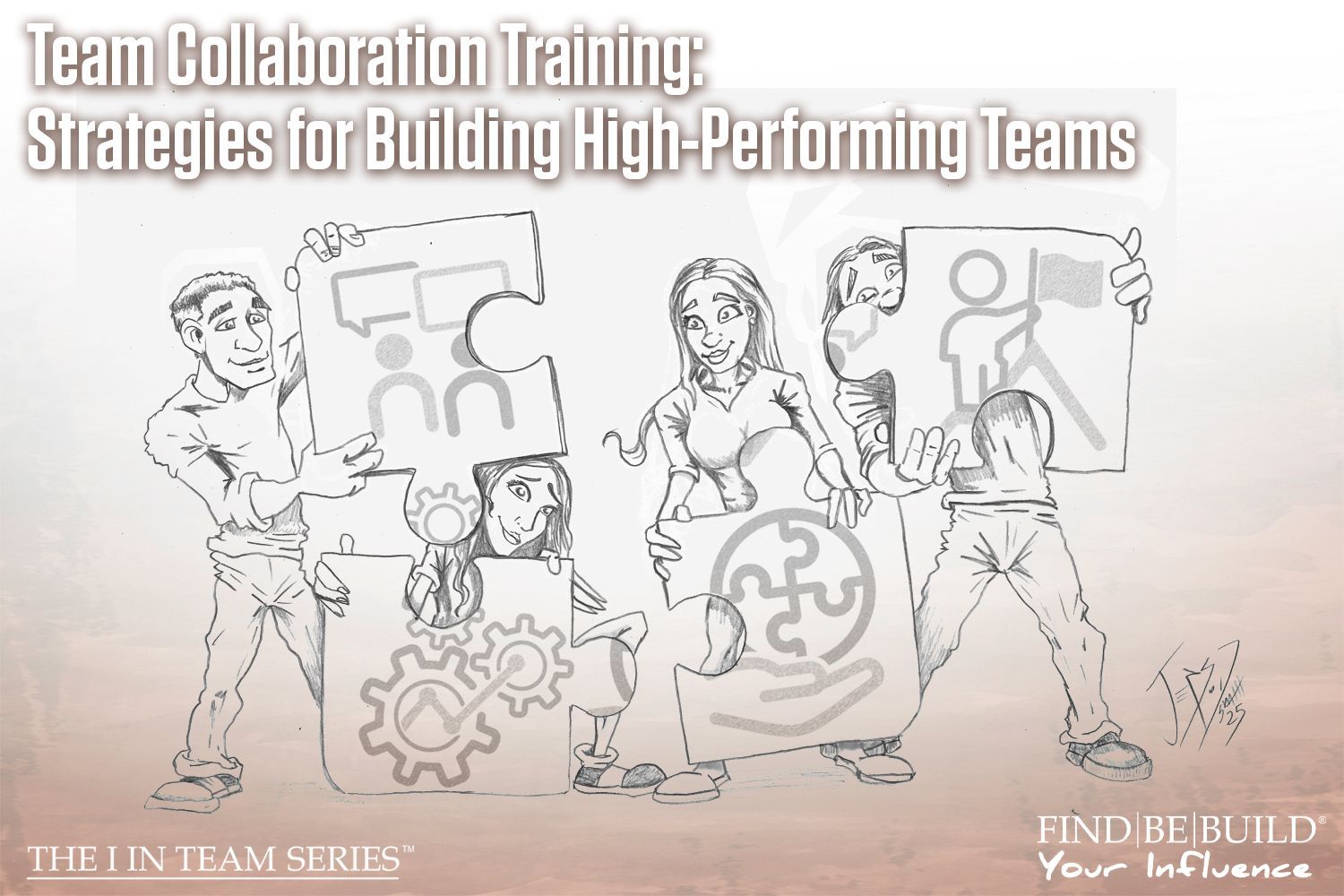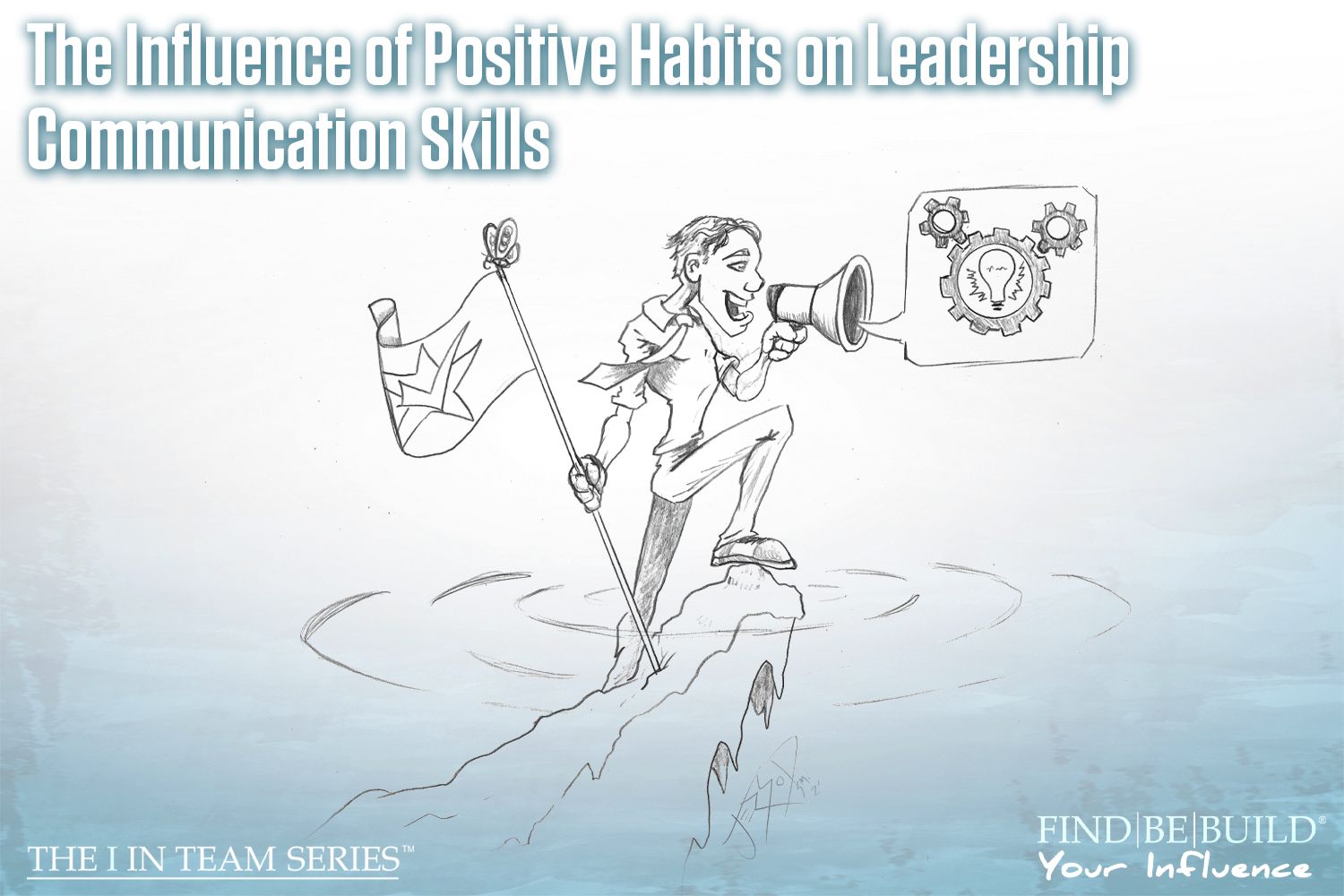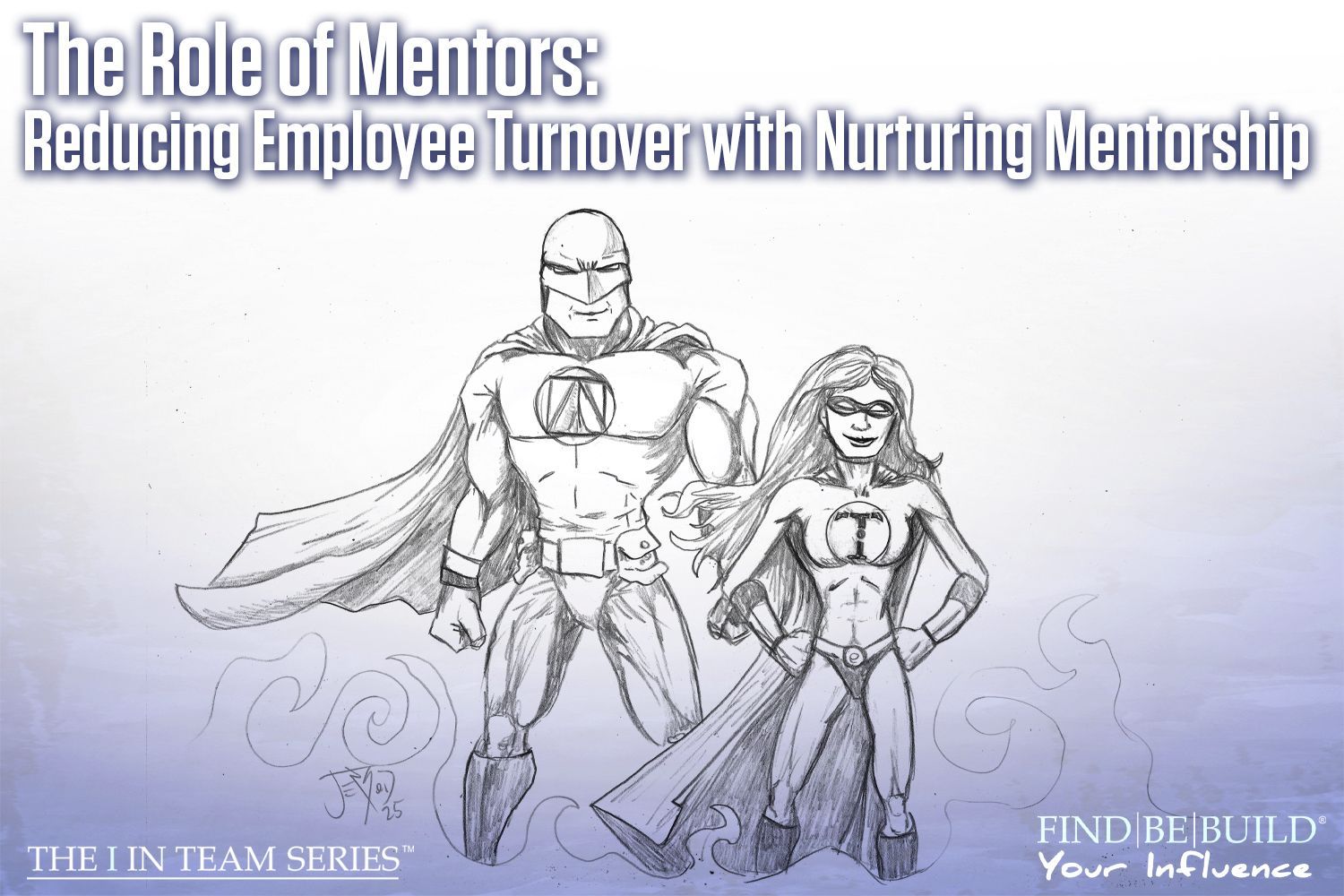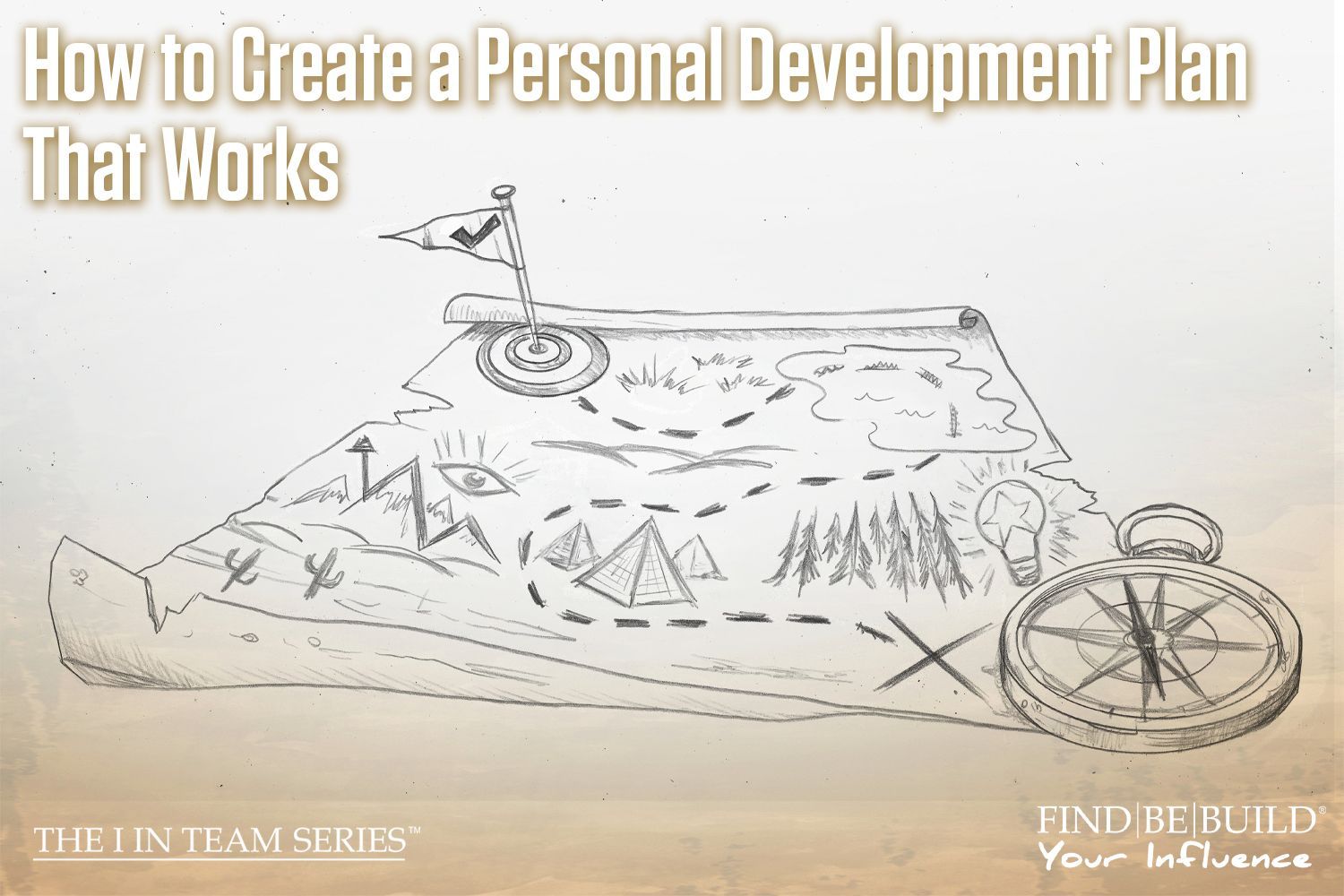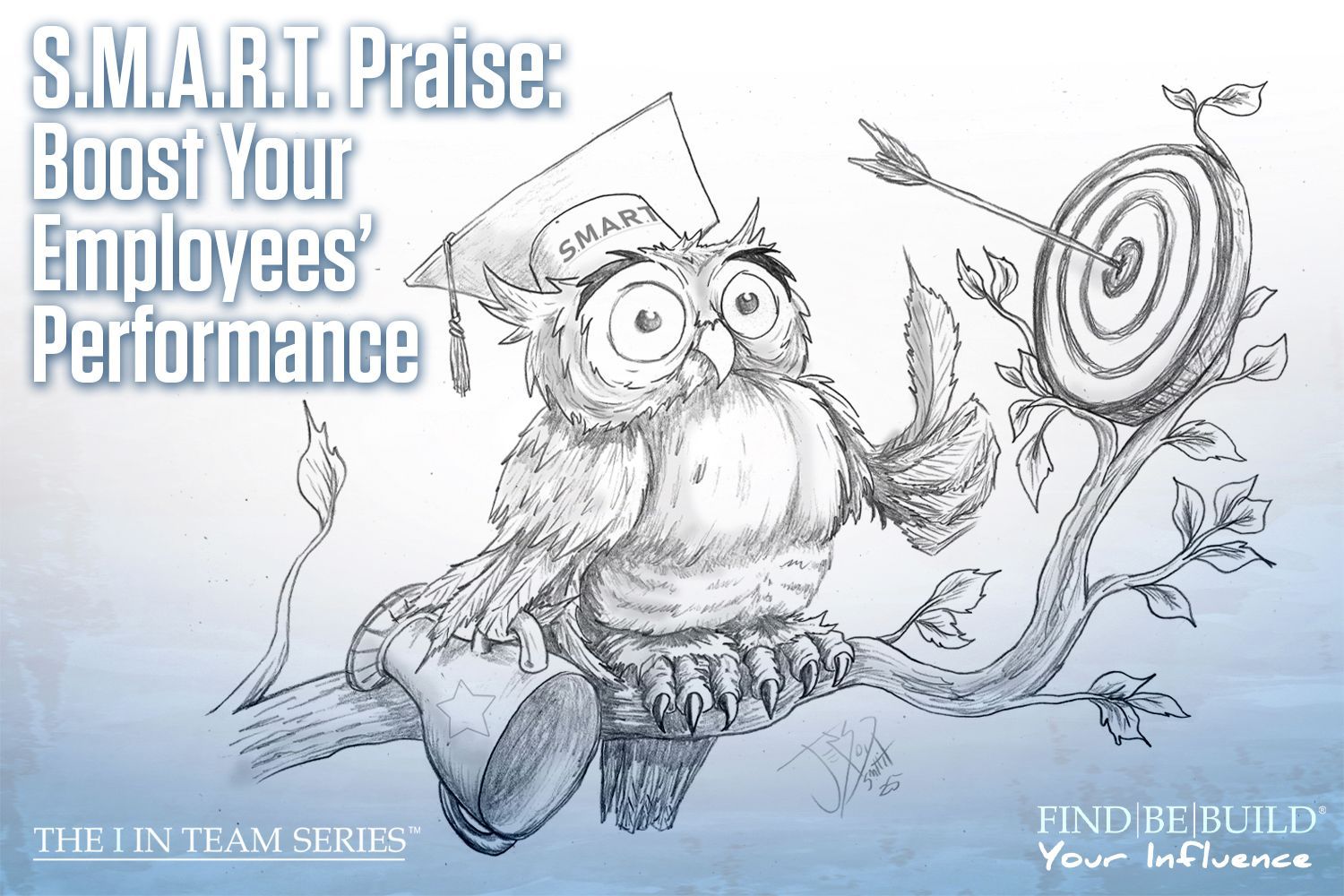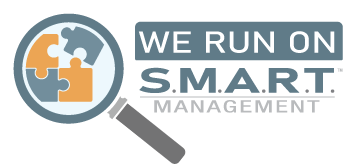Networking Strategies for Introverts
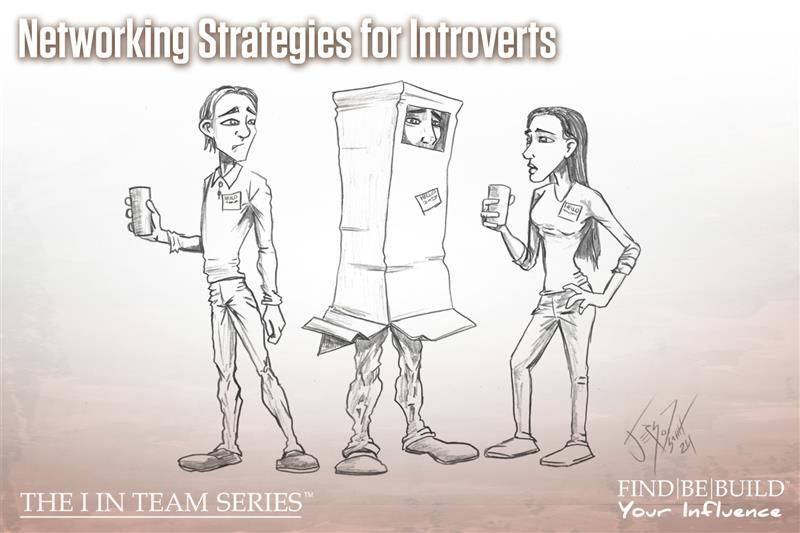
Networking strategies for introverts in business
Hi, team! It’s your friend, Mary, with the “I” in Team series where you can find, be, and build your positive influence. While it might seem surprising, I am, in fact, an introvert! Many of my team members at IA Business Advisors are indeed introverts. For those of us who might be a little quieter and shier, networking can seem really daunting. It’s difficult because we need to rely on networking no matter what job we have; networking allows us to build relationships with those in our field or those who may benefit from the services we offer. The question you have to ask yourself is, “How is anyone going to find me if I don’t network?” But fear not! We are here to help you be brave and tackle building connections. Here are our top networking strategies for introverts.
Set Realistic Goals
Many people think that the goal of networking events is to talk to as many people as possible, but that doesn’t necessarily work for introverts. Since introverts tend to enjoy deeper, more meaningful conversations with people, it can be exhausting for them to talk to a lot of people in short succession. Therefore, set realistic goals for yourself for each networking event. Focus on fostering quality connections so you don’t feel as overwhelmed. Plus, by fostering these quality connections, you build relationships where you can be recommended and introduced to people within their sphere of influence.
Prepare and Research
If your introversion is accompanied by anxiety, preparing yourself by researching can help ease those feelings. If you’re attending an event, research what the event is about and who is hosting the event. If you can, you might even research some of the people in attendance. Having this information can help make conversing easier. You can even prepare a few conversation starters or questions to help initiate discussions around what you learned during your research. Also, prepare a short, concise introduction about yourself. This can make it easier to initiate conversations without feeling overwhelmed.
Arrive Early and Attend Smaller Events
Arriving early to an event can help you ease into the environment before it becomes crowded if it’s a larger event. However, for introverts, it might be nice to find smaller events to attend. Smaller events can be less overwhelming and provide a more intimate setting to foster meaningful conversations.
Use Your Strengths
Contrary to what many people think, introverts are actually very good at communicating because they listen actively and ask appropriate questions to keep a conversation going. This is a huge skill in networking because the more you can make people feel heard, the more they will like you and trust you. Everyone wants to feel understood, and introverts generally make space for others to feel accepted and appreciated. So, stop looking at your introversion as a weakness and recognize it for all its strengths! Use your power of listening to connect with others.
Follow Up
If you follow our advice of building meaningful relationships with a few people at a time, following up with them after the event should be easy. Take a moment to send a personalized message or email to those you met at the event. This helps to build and maintain your newfound connections. If you want, you can even write a stock message and fill in some personal bits for each person to make it easy on yourself. Here is an example.
Hi [NAME]!
It was great chatting with you today [ABOUT]. I particularly enjoy the [TOPIC] and your insights into it. Please don’t hesitate to reach out to me if you need anything. I would be more than happy to connect you with other people at [YOUR ORGANIZATION] if you like.
Chat soon!
Practice Self-Care
We have a mantra at IA Business Advisors: You can’t be your best for anyone else until you are first best for yourself. What we mean by this is that you must take care of yourself in order to exude your most positive influence onto others. Therefore, if you need to take a break at an event, do so. Find a quiet corner or step outside for a few minutes. When you get home, congratulate yourself. Recognize that networking can be challenging. You’re doing great stepping outside of your comfort zone. Be kind to yourself and acknowledge the progress you have made.
Bottom Line
Remember, networking is a skill that can be developed over time. It's about building genuine connections which is something introverts excel at. Find what works best for you and embrace your introverted qualities, such as listening and thinking deeply, as strengths. Set realistic goals and prepare for each event. Arrive early and take breaks when needed. Show yourself some love and compassion for the process of growing and remind yourself that you are not alone. There are lots of introverts out there pushing themselves to shine in an extroverted world.
